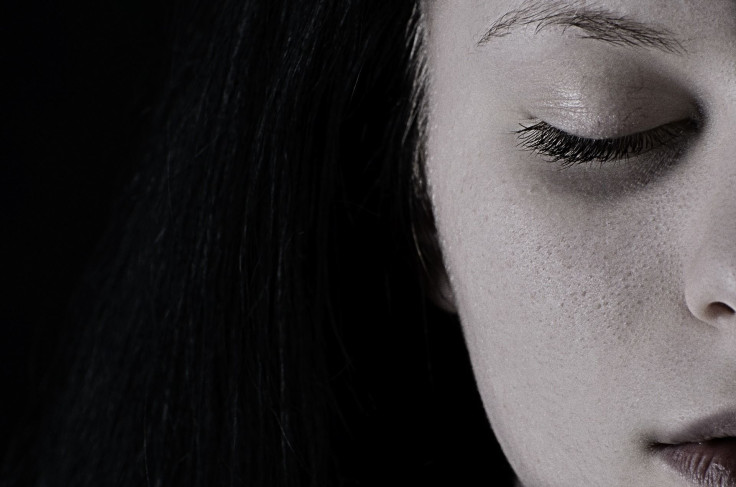Depressed Patients’ Brains React Differently To Negative Events Than Healthy People

Depression is an incredibly complex disorder, with roots in various brain regions and chemical imbalances. It’s been linked to serotonin levels, the hippocampus, and another brain structure known as the habenula — a very small region that plays a role in serotonin and dopamine release, and tends to be involved in disappointing, negative, or missing rewards.
The habenula helps our brains recognize negative events, or things that bring no reward. It’s also believed to help us avoid negative events, and it has been linked to psychiatric disorders like depression when it behaves abnormally.
Researchers have thus been quite interested in how the still somewhat mysterious habenula influences depression, and to see whether it acts differently in depressed people than it does in healthy individuals. Previously, scientists had theorized that high activity in the habenula, which they believed would lead a person to focus on negative thoughts or worst-case scenarios, led to depression. In a new study, researchers examined it further and found that the opposite might actually be true.
“A prominent theory has suggested that a hyperactive habenula drives symptoms in people with depression: we set out to test that hypothesis,” said study co-author and professor Jonathon Roiser, of the UCL Institute of Cognitive Neuroscience, in a statement. “Surprisingly, we saw the exact opposite of what we predicted. In people with depression, habenula activity actually decreased when they thought they would get a shock. This shows that in depressed people, the habenula reacts in a fundamentally different way.”
The results were surprising to the researchers, seeing as they expected habenula activity to increase in depressed patients. Roiser goes on to note that they still don’t fully understand “how or why this happens,” but that “it’s clear the theory needs a rethink.”
The researchers studied 25 people with depression and 25 participants without the mental illness using functional magnetic resonance imaging (fMRI). With a scanner, the researchers showed participants a series of abstract pictures that were associated with either good or bad outcomes (like electric shocks, for example). Depressed people actually experienced lower habenula activity than their healthy counterparts. This means that depressed people experienced less of a response to bad things, whereas healthy people had a greater response — and possibly were better able to avoid negative things as a result.
Further studies are needed to make make proper conclusions about the habenula’s role in depression, especially since only 50 total participants were examined. For now, however, they note that it’s possible that the habenula may actually act as a protective feature against depression — rather than as an instigator as they previously believed.
“The habenula’s role in depression is clearly much more complex than previously thought,” said Dr. Rebecca Lawson, lead author of the study, in the statement. “We can only speculate as to how this deactivation is linked to symptoms, but it could be that this ancient part of the brain actually plays a protective role against depression. Animal experiments have shown that stimulating the habenula leads to avoidance, and it is possible that this occurs for mental as well as physical negative events.”
Instead of causing us to focus on bad things, the habenula — when functioning properly — may actually help us avoid dwelling on unpleasant things. When it’s dysfunctional in depressed patients, “you get the excessive negative focus that is common in depression,” Lawson continued.
Learning more about the function of the habenula may help researchers develop new depression therapies to target specific areas of the brain, but more research is needed.
Source: Lawson R, Nord C, Seymour B, Thomas D, Dayan P, Pilling S, Roiser J. Disrupted habenula function in major depression. Molecular Psychiatry. 2016.
Published by Medicaldaily.com



























